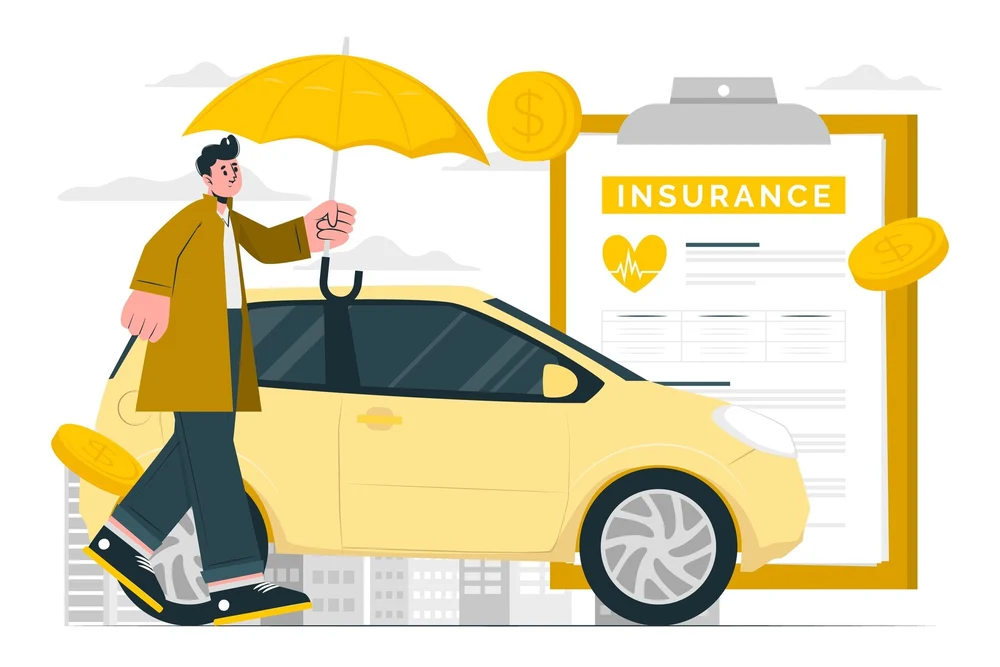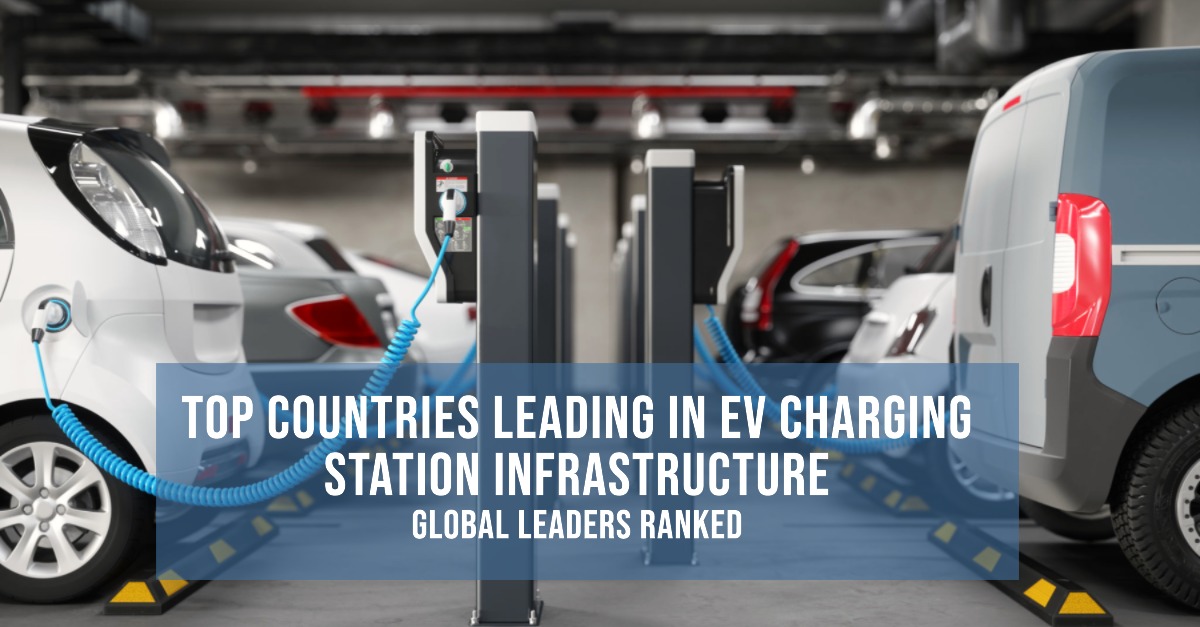
Insurance and More: Essential Car Rental Considerations
Booking a holiday is such an exciting experience that leaves you with daydreams of how perfect it’s all going to be, but you’ve also got to do some of the less exciting things. This includes renting the perfect car and making sure all the important details are finalised. You’ll also need to sort out all the rest that comes with that, such as insurance options, collection times, return times, and so on.
We understand that all the nitty-gritty can be stressful, so we’ve decided to put all the information together for you to refer back to in the future.
Everything to Know Before Renting a Car
When renting a car, there are a few crucial things you need to consider before putting the application through.
Driving Licence
While a passport is important, you also need to remember your driving licence. Imagine getting all the way to your dream destination and you’ve forgotten your driving licence. Legally, no car provider can pass over the keys that you’ve already paid for without proof of being able to drive.
Credit Card
Before you take out any cars, you will be charged a deposit. This is just an extra line of defence that car hire companies do to protect them from loss or any big damages that aren’t covered by the insurance. Therefore, you will also need to ensure there is enough for them to charge it too or unfortunately, they will not be able to hand you over the keys.
Reliable Website
Another important thing is ensuring that you are hiring a car from a trusted hiring company. We have heard many stories about people being scammed and unfortunately, it’s not the kind of scam that investment fraud lawyers can help with.
A good tip is to go through the website where you booked your flights or book directly there so you know it’s genuine. These little preventative steps will ensure you get your rental car.
Are You Over 25?
Unfortunately, a lot of hire car businesses don’t allow individuals to hire their vehicles unless they are 25 or older. While this might seem a bit ageist, it is just that added extra security that they will have credit cards and the means to pay in case there is an accident that occurs.
Read All The Terms and Conditions
This is very important. Ideally, you don’t want to be fined for a lump sum because you forgot to fill the tank before you dropped it back off. These little terms and conditions should never be ignored and if you are confused, be sure to take advantage of talking to any staff member you interact with when you arrive to collect.
Do I Need Any Insurance?
There is a common debate where individuals believe they should pull out insurance or whether it’s all a scam and not to bother if you are a confident driver. While they both have partial truths, it’s all down to personal preference. For example, I’ve hired a car in both Portugal and Tenerife. On both of those occasions, I decided to go with the basic insurance that you pay for online before getting there.
They do tend to try and scare you into getting it but we had no problems. I drove a lot more carefully while away and if you trust yourself to be responsible, then it could be something worth considering.
What Types Of Insurance Coverage Do I Need?
In the majority of cases, when you are renting a car, you don’t need to go to a separate insurance company for coverage; instead, the rental companies include some levels of insurance and in some cases, if you add it to your flight booking, you can add the basic coverage when you pay for the rental.
However, this basic coverage might not be enough, depending on your risk tolerance and desired level of protection. Here’s a breakdown of the different types of insurance offered by rental companies and what you need to consider.
Basic Coverage
Third-party liability insurance covers any injuries and any damage caused to others; for example, if you accidentally back into someone’s fence or vehicle, third-party liability covers the damage made. It’s mandatory by law, but the minimum limits of basic coverage you can have might be low.
Optional Coverage
Collision or Loss Damage Waiver
This waiver, which you would usually sign before being handed the keys, essentially reduces your financial responsibility for damage caused to the rental car itself; this could be collision, damage to bodywork, scratches, vandalism, theft and much more. The cover can be a basic fee or you can get all coverage.
While basic coverage can cover damage that you buy when you pay for the rental, there are so many things it does not cover. They might scare you into thinking that you need this type of coverage, which can cost an extra 100 euros but it’s all down to what you think you need.
Supplemental Liability Insurance
This type of coverage increases the limits of your third-party liability insurance coverage, providing an extra layer of financial protection if you cause any serious injury or property damage where the price is significant or as a result of an accident.
Personal Accident Insurance
This might be something you include when you buy your ticket above and can be seen as travel insurance, but personal insurance can cover any medical expenses for you and your passengers in case of an accident during the rental period. Therefore, you could get very specific coverage and it protects multiple people.
How To Pick The Right Coverage
Here are some factors to consider when deciding what type of insurance to get:
What Are You Doing?
Something that needs to be considered initially is what you are actually planning on doing with the rental. If it’s more to drive to and from the location you are staying in, then the likelihood you will need every form of insurance is very low.
But there are so many factors to consider, like confidence on the road, the kind of roads you are driving on and your experience driving abroad. Some people are more comfortable and are used to driving in rural and urban areas so the need for anything beyond basic coverage isn’t necessary.
If you plan on using the car consistently over a long period of time, like during a summer road trip, it is more than worth considering a tailored insurance plan to ensure you are protected. You’ve got to consider that while you might be good at driving, there are still others that can collide with you.
The Potential Cost
I always think if you can’t afford to pay for it to be fixed but you can afford the insurance, then what is an extra 100 euros? Accidents happen all the time and sometimes it’s just not worth the risk, especially if this is your first time driving in that country.
Risk Tolerance
Some people are very confident with their driving skills. For example, driving abroad is something I would never like to do or volunteer to do, but I’ve had friends who are more than happy to do it and adjust to everything pretty seamlessly and quickly, even when driving around a new place looking for a city centre car park.
Handling stress and panic well is more than needed when driving abroad so this needs to be both considered and established before taking out insurance.
Tips Before Taking Out Insurance
There are little things you should do before signing anything over and we have put together a few little tips before setting off.
Read The Small Print
You want to make sure that if you are going to pay, it actually covers everything you are promised. You want to ensure there are no loopholes for them to get out of paying so make sure you are reading everything and getting your pay out just in case.
Ask Questions
If you are unsure, be sure to ask as many questions as possible. For example, if they try to sell you coverage you clearly don’t need, you need to make sure you have a full, comprehensive understanding to avoid overpaying for things.
Credit Cards
When you pay for the extra insurance, they usually take out the amount you are covered or just a flat fee in case you don’t come back with the car. For example, if you are covered for £4,000 in damage to the car, they take that out of your bank and, after return, will assess the damage. They then send it back, minus the cost if there was any damage.
Having this on your credit card is just easier so then you don’t have to take it out of your holiday spending, and if there are any mistakes, you are protected with your bank, which also looks good on your credit report.
What Type of Car Should I Rent?
This will be completely dependent on a few factors. Before you click on your favourite car at checkout, you should consider these few things:
Where Are You Going?
If you are a city slicker or you are planning on going off-road, then these play huge factors in determining what type of car you go for. For those travelling off-road, consider cars that are high off the ground and have some sturdy wheels or if you are looking to drive from city to city, you could pick something fuel-efficient and small.
How Many Of You Are There?
You don’t need a huge car if there are only one or two of you. Considering who needs what, space and how many of you will be in the car should be one of the first questions considered.



